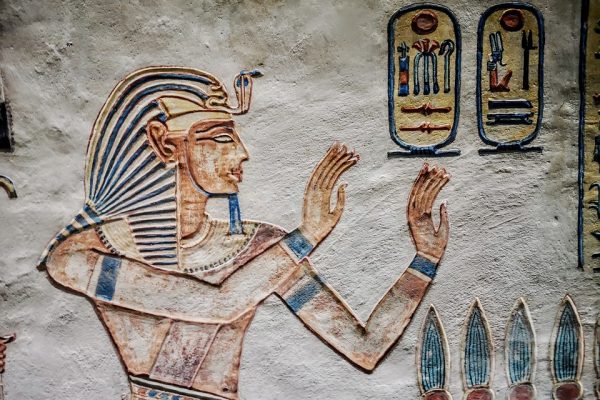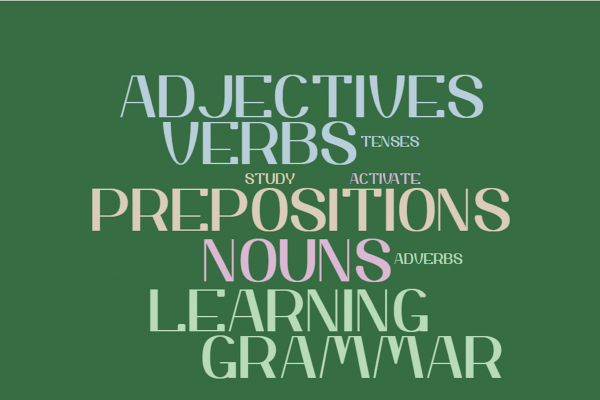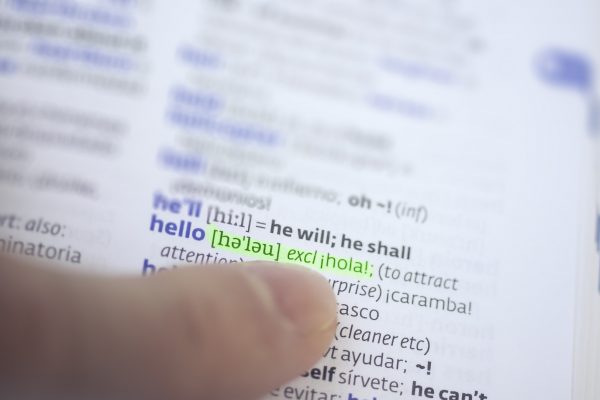Historical Background Since the beginning of time, the Ígáláà have evolved a system of counting that stretches to large numbers beyond the imagination of the modern Igala youths and adults. Through this ancient system, Igala ancestors, who were predominantly farmers, were able to take record of their properties: the heaps they constructed in one day, the harvest of yam tubers, sacks of grains, and, of course, the cowries earned at the end of a market […]
Claims On Igala Origin
ORAL HISTORY The quest for Igala origins gained momentum when European explorers, missionaries and colonial administrators variously carried out investigations about the Igala people; and informants fed them with stories based on oral accounts, as follows: (a) Ígálámẹ̄la Clans According to oral history, the first Igala to arrive the coastal town of Idah were now the Ígálámẹ̄la, the Igala aborigines whose […]
Parts of Speech: Pronouns
Pronouns are words that can function by itself as a noun phrase and that refers either to the participants in the discourse (e.g., I, you ) or to someone or something mentioned elsewhere in the discourse (e.g., she, it, this ). In the Igala language, there are [insert text here]… NÀ ÒMÌ, U; ÙWẸ̀, Ẹ̀; ÀWÀ (à) or À; ÀMÀ, MÀ; I, ÒÑWÙ; ÑWU Sometimes, you choose not to mention nouns. Instead, you use other words in their places. Those ‘other words’ are […]
Igala History: Àbùtù Ẹ̀jẹ̀
Àbùtù Ẹ̀jẹ̀ (c.1597-1627) was the great grand-father of Àtá Áyẹ́gbà and his brother, Átíẹ̀lẹ̀, who founded the Ògwùchẹ́kwọ̀ royal house at Ánkpa, both sons of Ata Idoko Agánápojè. Robert Arthur Sargent, in his doctoral thesis, Politics, Economics and Social Change in the Benue Basin: 1300 – 1700 (1984), recounts an exhaustive political history of Àbùtù Ẹ̀jẹ̀. Between c.1520 and 1550 A. D., he was “the leader of the leopard community,” the […]
Igala Grammar: Homographs
In English language, two words are said to be ̀homographs’ if they are spelt the same way but have different meanings. In Igala speech, a single word, pronounced with different tone pitches, produces a set of homographs – words spelt the same way but vary in meanings; Example 1: From the unmarked word, ‘ọko,’ a speaker calls it using different tones; he can create three different words with three different meanings. ọ́kọ́ […]





